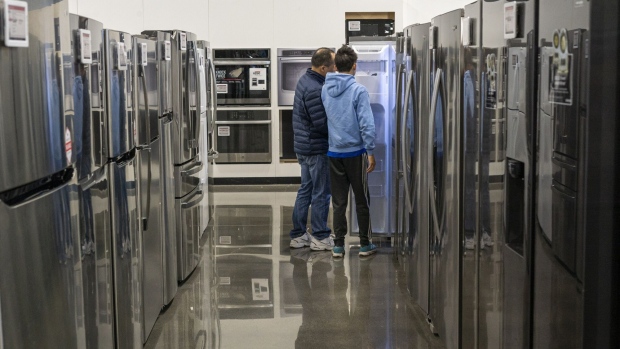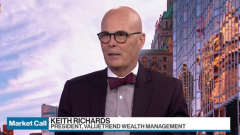Nov 29, 2023
Fed’s Beige Book Shows Economic Slowdown as Consumers Pull Back
, Bloomberg News

(Bloomberg) -- US economic activity slowed in recent weeks as consumers pulled back on discretionary spending, the Federal Reserve said in its “Beige Book” survey of regional business contacts.
“Sales of discretionary items and durable goods, like furniture and appliances, declined, on average, as consumers showed more price sensitivity,” according the report released Wednesday. “Travel and tourism activity was generally healthy.”
The Beige Book, which was compiled by the Atlanta Fed using information gathered on or before Nov. 17, includes anecdotes and commentary on business conditions in each of the 12 Fed districts.
Central bank officials are increasingly relying on this type of information to assess the path of the economy and inflation. While government statistics are the gold standard of economic data, the figures are generally backward-looking and subject to revision.
Read More: Fed Increasingly Turning to Anecdotes to Gauge Economy
Labor demand continued to ease, with respondents noting reductions in headcount through layoffs or attrition and most districts reporting flat to modest increases in employment. Several districts, however, continued to describe labor markets as “tight.” The government’s November jobs report will be released late next week.
The Beige Book is published two weeks before each meeting of the policy-setting Federal Open Market Committee. The FOMC is expected to leave its benchmark interest rate unchanged for a third straight meeting when policymakers gather next month.
Credit Conditions
That rate — currently at a 22-year high — has made it more expensive to buy a home, purchase a car or borrow with a credit card.
“Consumer credit remained fairly healthy, but some banks noted a slight uptick in consumer delinquencies,” the report said.
While the economy expanded at the fastest pace in nearly two years in the third quarter, the report points to a broad-based cooling in recent weeks. Four districts reported modest growth, though the rest indicated stagnation or outright declines in activity. The economic outlook for the next six to 12 months also diminished.
Inflation, meanwhile, “largely moderated” across the country, according to the report.
“Pricing power varied, with services providers finding it easier to pass through increases than manufacturers,” the Beige Book said. “Most districts expect moderate price increases to continue into next year.”
Data out Thursday is forecast to show the Fed’s preferred inflation metric — the personal consumption expenditures price index — decelerated in October to the slowest annual rate since early 2021.
(Updates with more details from the report throughout.)
©2023 Bloomberg L.P.


